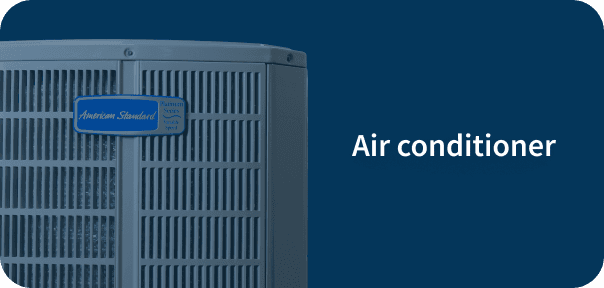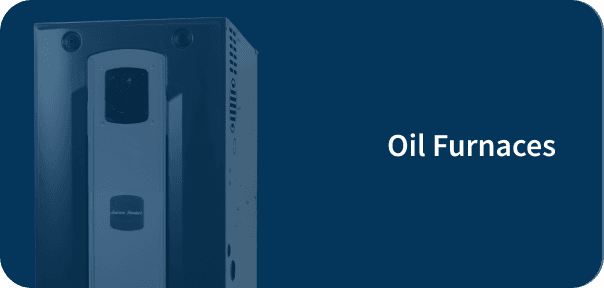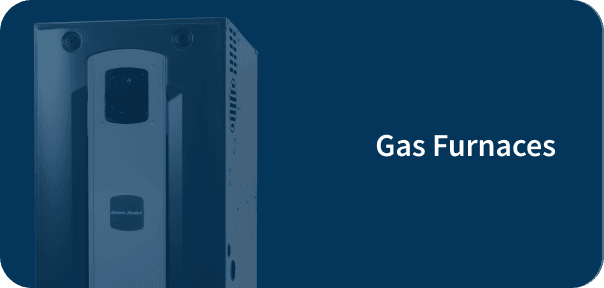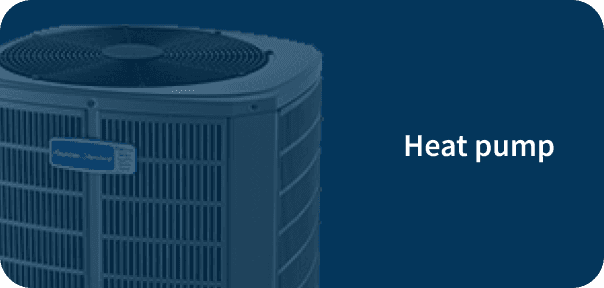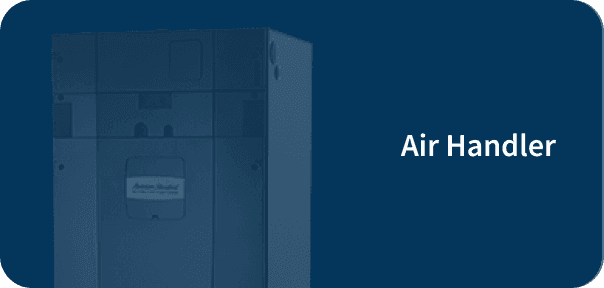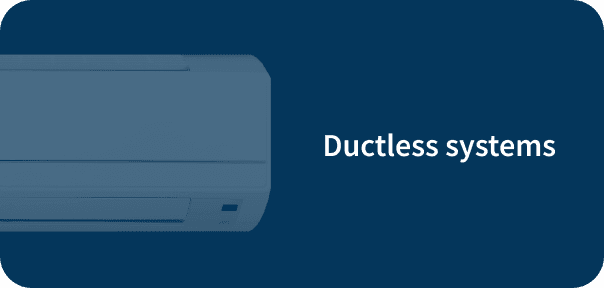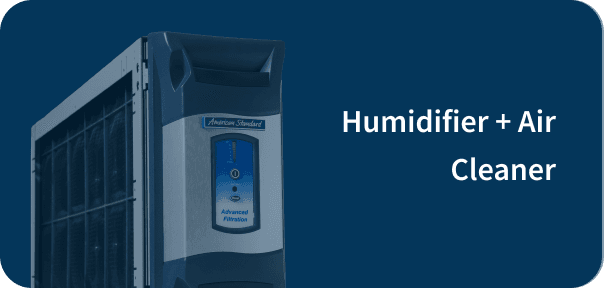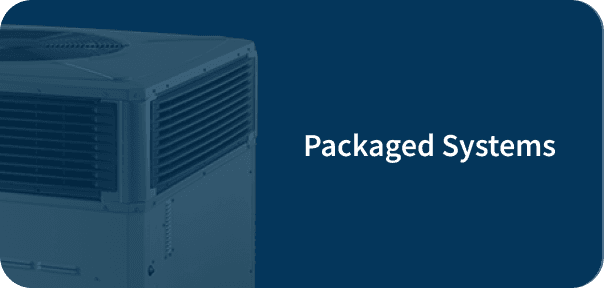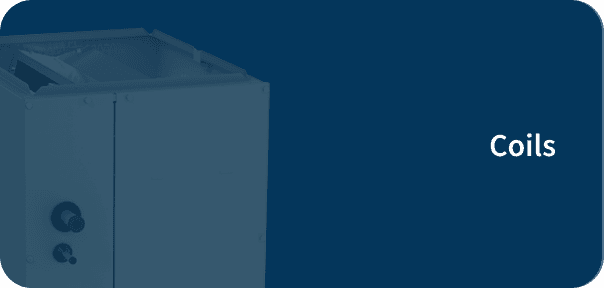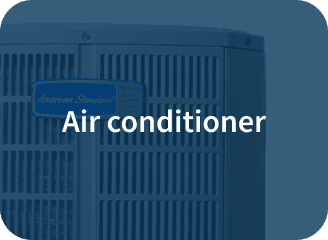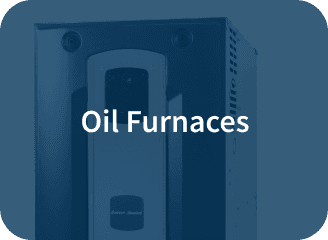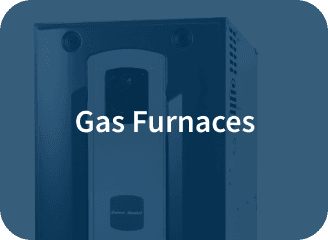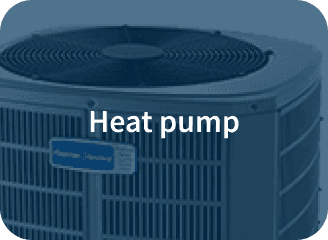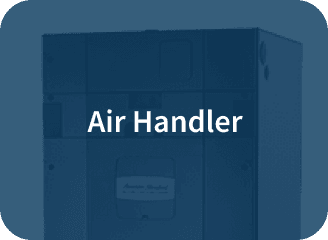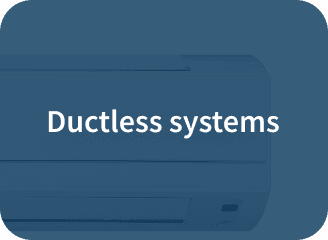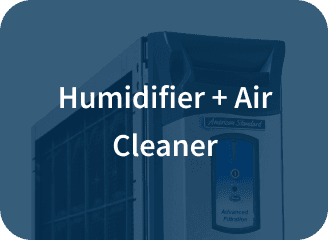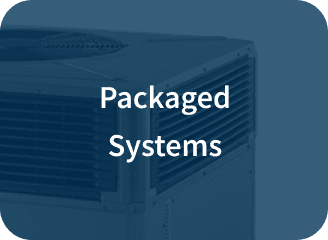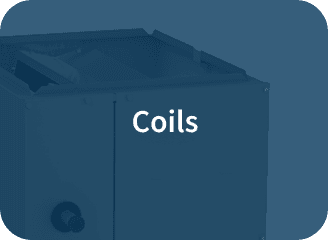HVAC Maintenance Tips
You depend on your HVAC system to keep you comfortable year-round.
Learn regular maintenance best practices to keep your system working at its best, for longer.
Keep your HVAC system working efficiently
Select your HVAC system, unit, or component to troubleshoot problems
and get details on how to extend the life of your product.
Get worry-free home comfort with
preventive maintenance
Preventative maintenance can help ensure that your home’s heating and cooling systems operate at optimal levels for as long as possible.
Adopting a seasonal maintenance routine for your HVAC system can help you stay comfortable when you need it most — and it’s easier than you think.
 Cooling: Schedule once a 1x a year
Cooling: Schedule once a 1x a year
Air Conditioner Maintenance: Keep cool and comfortable during warmer months by maintaining your AC’s filters and coils.
Peak summer season — May to August, but can vary by region.
Ensure you have a comfortably cool home all summer by scheduling air conditioner maintenance late winter to early spring.
 Heating: Schedule once a 1x a year
Heating: Schedule once a 1x a year
Furnace Maintenance: Stay warm and cozy during the cooler months by inspecting and tuning-up your furnace annually.
Peak winter season — November to February, but can vary by region.
Prepare for winter’s cold by scheduling furnace service late summer to early fall.
HVAC Home Maintenance Tips
Being caught off guard by emergency repairs for your HVAC system is always inconvenient and, in some cases, may even be dangerous. No matter if you choose to follow our do-it-yourself (DIY) tips or contact a professional technician, any form of proactive HVAC maintenance will go a long way in saving you money on repairs and extending the lifespan of your system.

Easy, DIY HVAC maintenance
Keep your system clean and level: Regularly check your indoor system’s filters and either clean or replace them, if needed. It is also important to make sure your system’s outdoor unit is free of dirt, plants, and debris and is on a level surface. Keep your outdoor unit at least 18 inches away from any landscaping or vegetation.
Take notice of leaks: Watch out for leaks or holes in your HVAC system — including the ductwork, evaporator coils, or cabinet that houses your unit. Any leaking or pooling water should be attended to right away and you should turn off your AC to avoid damage to the electrical components.
Listen for strange noises: If you hear any unusual noises from your system, especially when it first starts up, call a technician to inspect the problem more closely.
Be aware of suspicious odors: If something smells ‘off’ or you are experiencing unusual odors when your system starts, call a technician to identify the problem.
Make sure your vents are clear: Move any furniture, drapes, rugs, etc. that could be blocking your HVAC system’s vents.
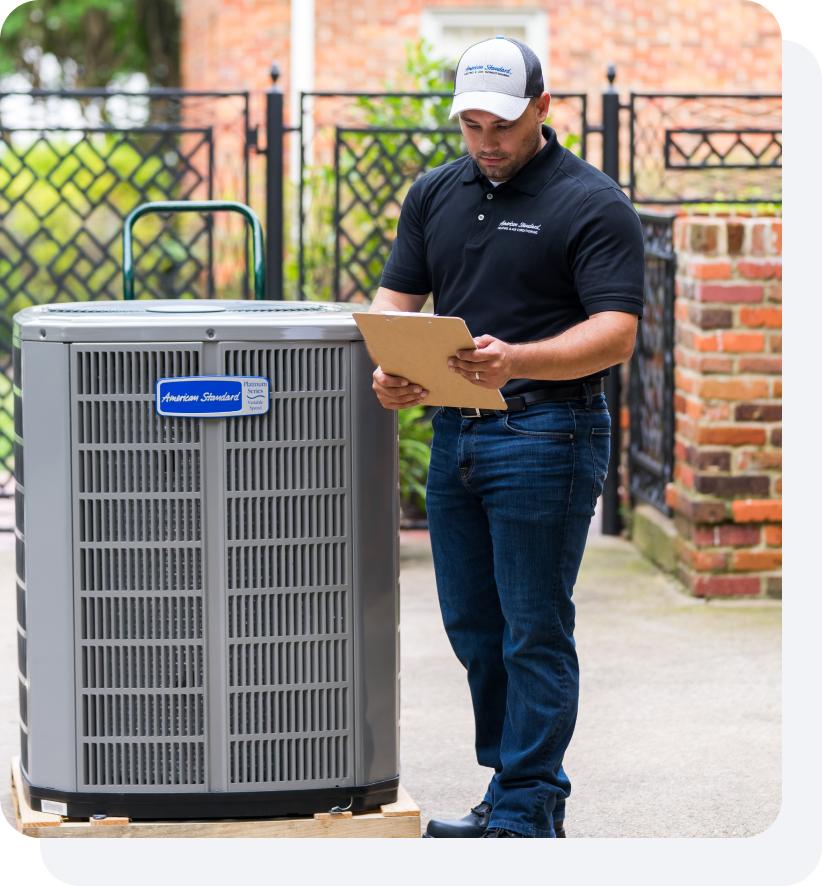
Call an HVAC technician if you are experiencing these problems
Cost to cool and heat is increasing: If your overall energy usage remains the same but your energy bills increase, one or more components of your system may need maintenance.
Temperature inconsistencies: If your air conditioner, furnace or other HVAC system can’t maintain consistent temperatures and seems to be working on overdrive frequently, a service technician should investigate the problem.
Damage to the unit’s condenser fin: The fins of your outdoor unit are located on the side of the machine and look like a metal grill. The purpose of the fins is to provide airflow and move heat away from the system. If the fins are dirty or clogged, this will block airflow and cause a decrease in system efficiency.
Dripping water or system water intrusion: Water that comes from HVAC leaks and flooding can cause serious damage to your system. It can get into your pipes, ductwork, furnace or air conditioner. Unchecked water can short your electrical components or can cause harmful corrosion. If you suspect your system has had water damage or notice dripping, contact a service technician immediately and do not try to resolve the issue yourself as electrical problems can be life-threatening.
Electrical burning odor: If you smell an electrical burning odor contact an HVAC technician for immediate diagnostics and repairs. Damaged wiring can be checked, replaced, or simply tightened, but it is important to not try and repair any damaged wiring yourself. Electrical issues are a great reason to always have your furnace and HVAC equipment inspected and tuned-up at the start of the season to make sure your system isn’t experiencing a malfunction or electrical issue.
Troubleshooting
Discover what you can do to troubleshoot from home.
Owner’s Manual
Learn everything you need to know about your product.
Warranty & Registration
Protect your system with a warranty.
We’re here to help
Connect with our Customer Care team about your products, warranties, and dealer concerns.
Available Monday – Friday from 7am to 5pm CST
A phone
Contact a local dealer
Dealers can answer questions, help you find the right products for your home, and repair your system.
